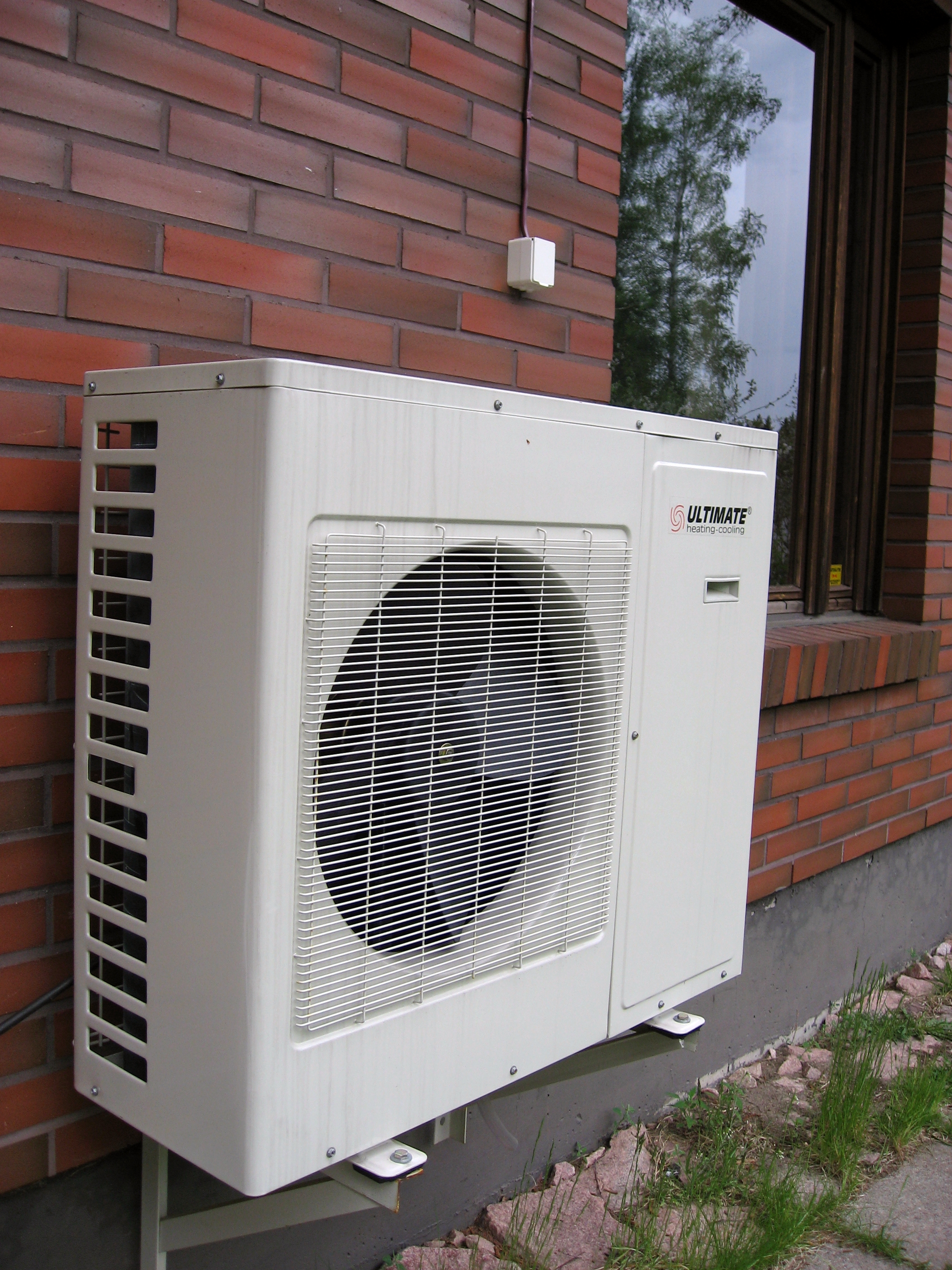Mike Childs21 Feb 2019
If we are to prevent the very worst of climate change we need to stop heating our homes with fossil fuels like natural gas.
The answer is obvious really. We should power our homes with electricity made by renewable energy. Starting right now.
But the gas industry has different ideas. It doesn't like the idea of losing business. It's fighting back. It wants to increase the UK’s consumption of natural gas. And it's come up with a cunning plan.
The gas industry’s gambit
The gas industry says the way forward is to continue to extract natural gas, turn it into hydrogen, and burn carbon-free hydrogen in the UK’s homes and businesses1.
It can make hydrogen from natural gas using existing technology called steam methane reformation (SMR).
But because this process produces an awful lot of carbon dioxide they also say they will capture this and store it underground to make the whole process green, using a process called carbon capture and storage (CCS).
At a superficial level this looks like a neat hassle-free bit of thinking. But in reality it's far from it.
Producing hydrogen from natural gas isn’t carbon free
The gas industry claims that the process can capture 94% of carbon dioxide from SMR through CCS.
But currently the few carbon capture and storage projects across the world capture far less, at around 75-85%.
It also doesn't take into account the escape of gas that occurs when natural gas is extracted, so-called fugitive emissions. These would still continue under its plan, especially if fracking is used, because fugitive emissions from this process are higher.
The UK hasn’t got any carbon capture and storage facilities right now
And it probably won’t at the scale needed for at least a decade and perhaps longer.
The process will increase UK imports of natural gas
SMR is energy hungry. Producing hydrogen to replace existing levels of natural gas consumption would require 25% more natural gas consumption than we use now. It would increase UK dependence on imports.
Logistically its plan may be unworkable
Every household in an area would need their gas boilers, cookers and gas fires replaced at the same time because burning neat hydrogen in existing appliances is dangerous. This is far from straightforward.
It would only reduce greenhouse gas emissions by a third
Most damning is that its approach would at best only reduce the cumulative carbon emissions by a third between now and 2050 2according to a recent report for the National Infrastructure Commission. The UK needs to be making much deeper cuts on the pathway to zero emissions from heating.
Trying to keep us hooked on gas
In short, the gas industry is desperately trying to keep us hooked on gas.
We saw this before when the coal industry told us our future energy needs could be met by burning coal in power stations, coupled with carbon capture and storage.
The coal industry’s proposals were rightfully ignored. And so should the gas industry’s.
Most importantly, the gas industry’s proposals will lead to the UK failing to meet its climate change goals, even if the exaggerated carbon capture efficiencies it assumes are met.
UK homes could be heated by green electricity
We don’t need to fall for the gas industry’s gambit to keep us hooked on natural gas.
Last year more than half of the UK’s electricity came from low carbon sources.
Switching from gas heating to heat pumps powered by electricity will deliver rapid reductions in greenhouse gases compared to using gas-fired boilers.
Fridges in reverse
Heat pumps are like fridges in reverse. A fridge extracts heat from its interior and pumps it out.
A heat pump extracts heat from the ground or air outside and pumps it inside the house to warm it.
For every unit of electricity a heat pump uses, it extracts approximately 3 units of warmth.
Heat pumps are a tried and tested heating technology that work even when it is very cold outside. They are widely deployed in places like Sweden.
They are so good that wherever you are in the UK fitting a heat pump would reduce your emissions.
Storing renewable energy for the winter months
In theory, everybody’s heating and hot water could be electric all year round. But the demand for heating is very seasonal so could the electricity grid cope in the cold months of winter?
And can we produce enough renewable electricity during these periods?
This can be dealt with in much in the same way we deal with the seasonal demand for water.
We should store electricity in times of plenty to use it when supplies may be short. That means storing renewable energy in the summer when demand is low to use in the winter when the demand is high.
Batteries are one way to store electricity, although they are best suited for short-term storage.
Hydrogen is probably the best longer-term storage option. Hydrogen can be produced using electricity to split water into hydrogen and oxygen. It is a proven technology but is also developing fast and has the potential to fall in price considerably.
It’s much less polluting to produce hydrogen from renewable energy than from planet-warming natural gas.
Storing hydrogen in the summer for use in the winter would be part of a grid that supplies heating predominately from electricity, but has hydrogen as a backup when needed. This stored hydrogen can be burned instead of natural gas to generate electricity in power stations. Or it can be used directly in our homes in hybrid heat pumps, which is more efficient.
Hybrid heat pumps are a bit like hybrid cars. They use electricity nearly all the time but switch to burning fuel in a boiler when it’s more efficient.
So it's true that we need hydrogen for heating. But a fraction of the quantities that the gas industry is trying to push on us. And it can be produced using renewable energy rather than natural gas.
Heat pumps and other electric heaters can be rolled out quickly and start to deliver carbon emissions reductions right now. As can hybrid heat pumps, which can easily work alongside a gas boiler or a hydrogen boiler.
What needs to be done right now
This battle – renewable energy versus natural gas – is at a critical phase.
Over the next year or so the government will make decisions which will shape how we heat homes, businesses and industry in the future.
To meet cuts in climate changing emissions, the government must choose electricity for heating, backed up with a small amount of hydrogen produced by renewable energy.
It must reject the gas industry’s sales pitch, which would keep us hooked on natural gas and break the UK’s climate change commitments.
More fundamentally, it should kick start an area-by-area heating transformation programme, led by local authorities. This programme would retrofit people’s homes with energy-efficiency measures and eco-heating. It would need to run for a couple of decades, with investment in the region of £10 billion a year.
Transforming the UK’s old and energy-inefficient homes heated by climate-wrecking, gas-fired boilers is a huge and costly task.
But it’s essential if the much more expensive damage from climate change is to be avoided.
For more detail check out our longer briefing on this issue.
- 1Northern Gas Networks et al, 2018, H21 – North of England, https://www.northerngasnetworks.co.uk/h21-noe/H21-NoE-26Nov18-v1.0.pdf
- 2Element Energy, 2018, Cost analysis of future heat infrastructure, National Infrastructure Commission, https://www.nic.org.uk/publications/cost-analysis-of-future-heat-infrastructure/



